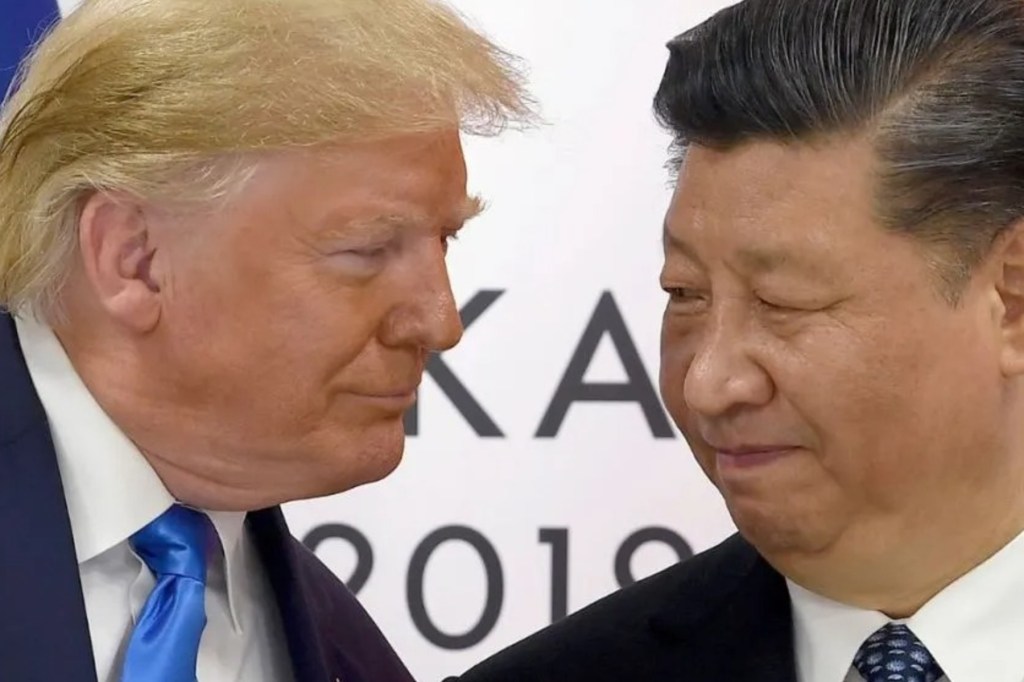Star Entertainment faces difficult road ahead, CEO says
The new chairwoman and incoming chief executive have levelled with shareholders about the financial difficulties facing the troubled casino operator.

Star Entertainment Group has a difficult road ahead and remains in an “extremely challenging position,” its incoming chief executive says, but its leadership believes it can survive a significant cash crunch on top of its other regulatory issues.
Steve McCann told Star’s annual general meeting at The Star Brisbane on Thursday the troubled casino company had made progress on a range of important issues but revenue had continued to decline significantly amid challenges in implementing cashless play.
Meanwhile, the cost of Star’s transformation and the cost of external advice and assistance Star has required have continued to be at inflated levels, said McCann, whose appointment as CEO and managing director remains subject to regulatory approvals.
Star chairwoman Anne Ward said that while Star had significant short-term liquidity issues and significant financial pressures, its directors were of the view that Star could continue as a going concern if it was successful on a range of matters.
Those include meeting various conditions to allow it to access two $100 million debt facilities, securing additional sources of liquidity and further progressing its plans for longer-term funding.
You might like
Star incurred an operating loss of $18 million in the September quarter, with its revenue dropping 18 per cent to $351 million.
It had $149 million in cash available as of September 30, the company announced October 29.
Company executives are working to raise $150 million in subordinated capital, which would allow it to access the second $100 million in debt.
Revenue is down 15.5 per cent at Star’s Queensland and NSW casinos since cashless and mandatory carded play in those states began, with phasing in those processes proving to be complex and challenging for Star’s technology and operational teams.
Stay informed, daily
“With our Sydney implementation, new hardware has had to be created by our third-party suppliers, new software has had to be created, so we are learning along the way,” Ward said.
McCann said the requirement that Star implement cashless play had also created an unlevel playing field for the company’s casinos, leading it to lose market share to competitors.
Ward, who became Star’s chairwoman in April, told shareholders that the company was also working to rebuild trust and healthy relationship with regulators – and she knows they’ve heard that that before.
“I know that shareholders have heard similar assertions and promises to act in the past, but I assure you we have already taken action,” Ward.
“These important changes are well progressed and are showing promise.”
Star has been in turmoil ever since 2021 when it was revealed that its casinos had been used for large-scale money laundering and criminal infiltration of junkets.
Senior executives who came onboard in 2022 to clean up with the culture took a combative approach with regulators and departed in March amid a second government inquiry into whether Star should retain its NSW casino license.
Ward acknowledged that the past 12 months had been an “incredibly difficult period” for the Star.
“The company has experienced very significant leadership changes, challenging operating conditions, declining revenues, another public inquiry, further asset write-downs and serious financial and ongoing liquidity challenges,” Ward said.
Ward said that a new decentralised operating model in which each casino is overseen by a local CEO will ensure closer oversight and accountability for operations.
But she said that true cultural transformation would take time and a deep commitment to embed lasting change.




